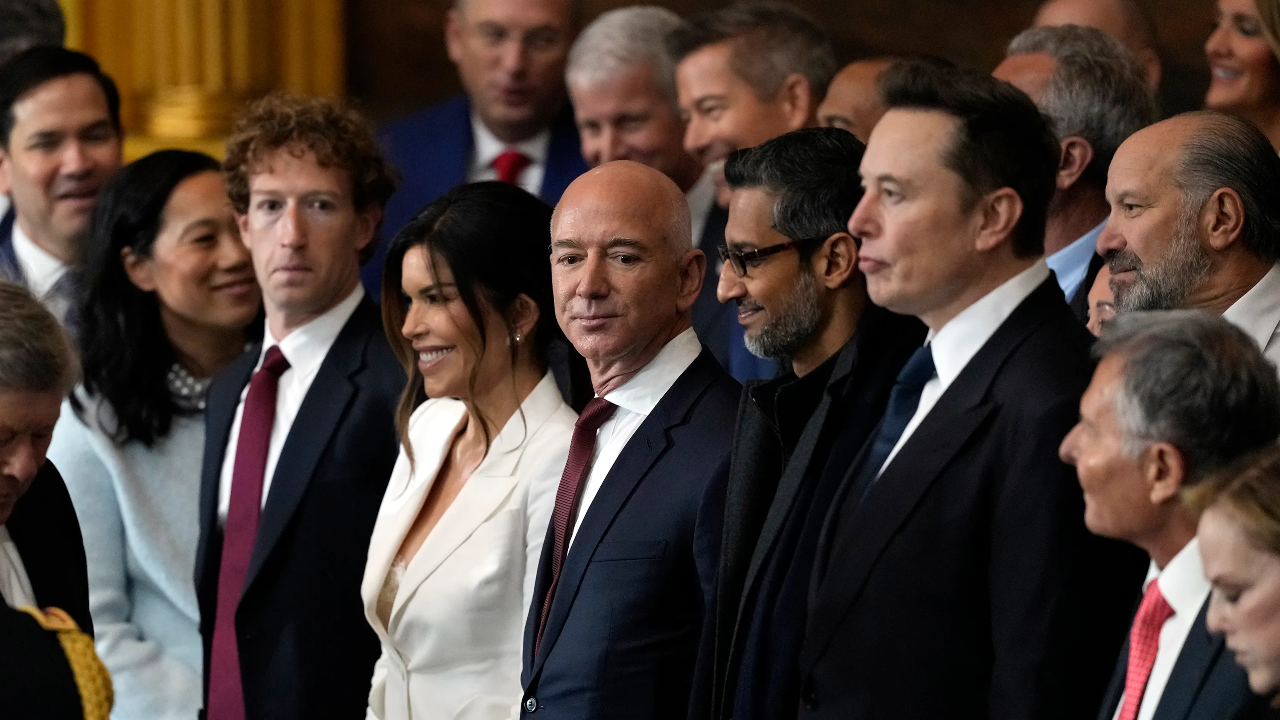
By positioning himself as the steadfast defender of “law and order,” Donald Trump played on anxieties about an increase in crime and social unrest. Beneath this clamorous rhetoric, however, is a record of contradiction: his administration allowed significant white-collar criminals to avoid punishment by dropping or refusing to pursue at least 165 corporate crime cases.
Concurrently, Trump challenged conventional ideas of justice by dramatically pardoning or commuting the sentences of multiple January 6 Capitol rioters. Instead of an unbiased dedication to justice, this duality exposes a calculated use of “law and order” as a political tool, prioritizing political allies and elite protection over systemic accountability.
The Background of “Law and Order”
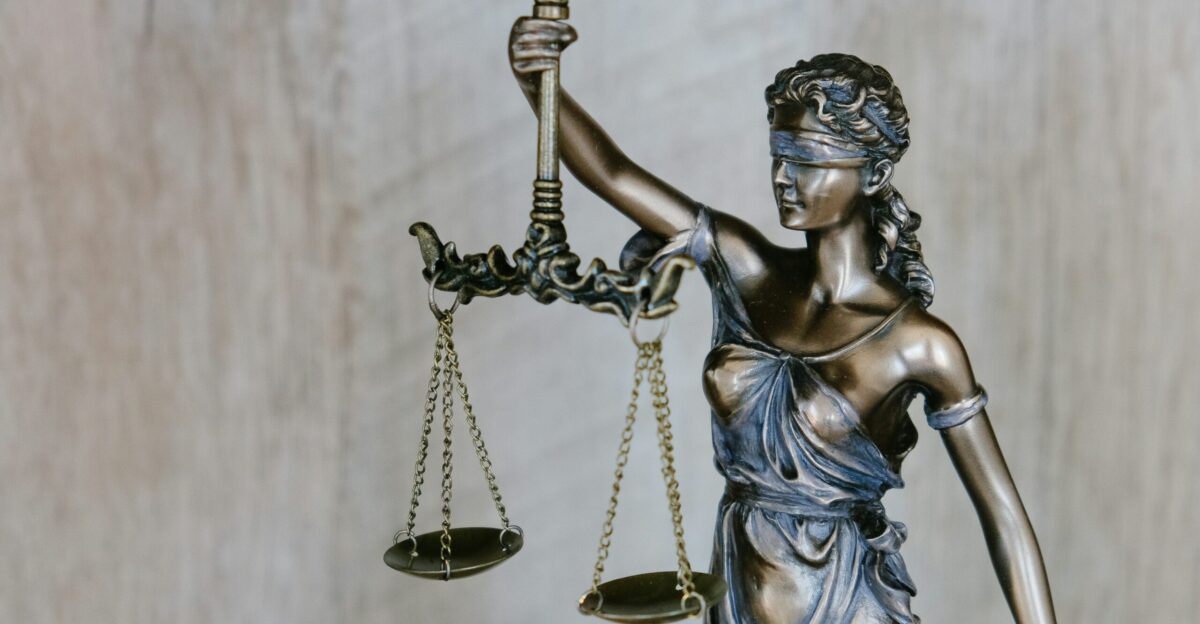
Throughout American history, the “law and order” narrative has been used as a political tactic to divert attention from structural injustices and to appeal to minority groups’ and chaos-averse fears. This tradition is echoed by Trump, but with a twist: he used it mainly to consolidate his political base, rhetorically highlighting street crime while easing enforcement of corporate and white-collar crimes.
This two-pronged approach fits with a populist-authoritarian governance style that has been observed throughout history, where steadfast rule enforcement is subordinated to loyalty and power preservation.
The Number of Corporate Cases Dropped
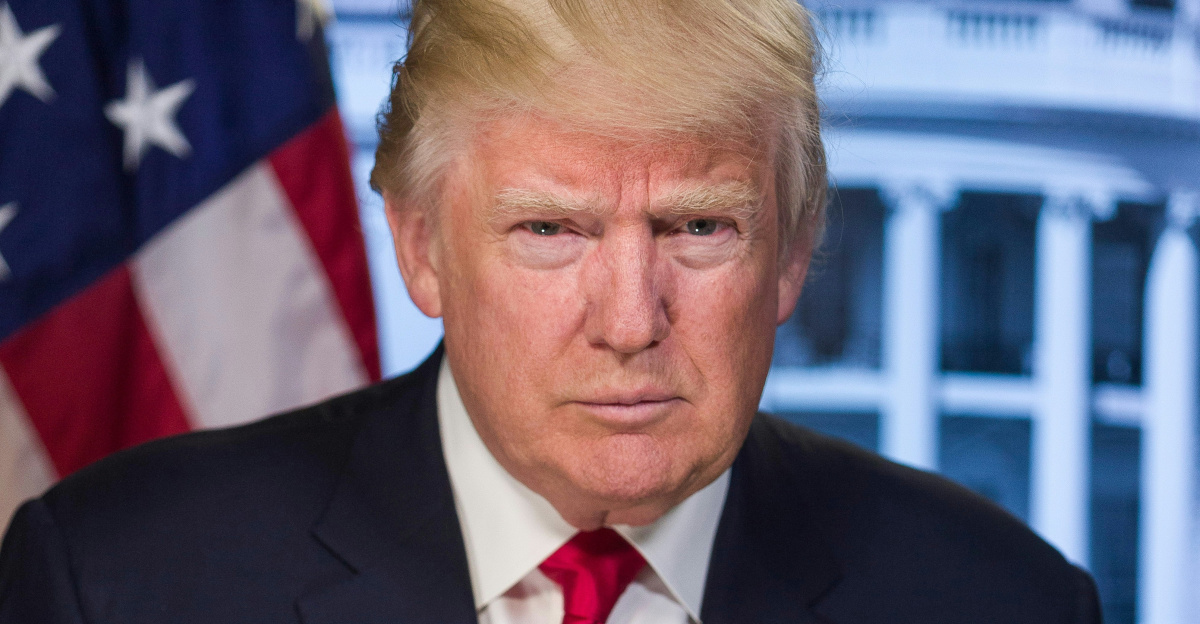
Investigations into at least 165 corporate crime cases, including fraud, securities violations, and environmental offenses, were notably discontinued or halted by Trump administration federal agencies between 2021 and 2025. According to reports, agency leaders redirected funds from white-collar crime, frequently using business friendliness and regulatory reform as excuses.
Critics counter that by permitting corporate wrongdoing to go unpunished, this increased wealth concentration and fostered corporate impunity, which indirectly harmed Americans in the middle and working classes.
January 6 Pardons Rioters
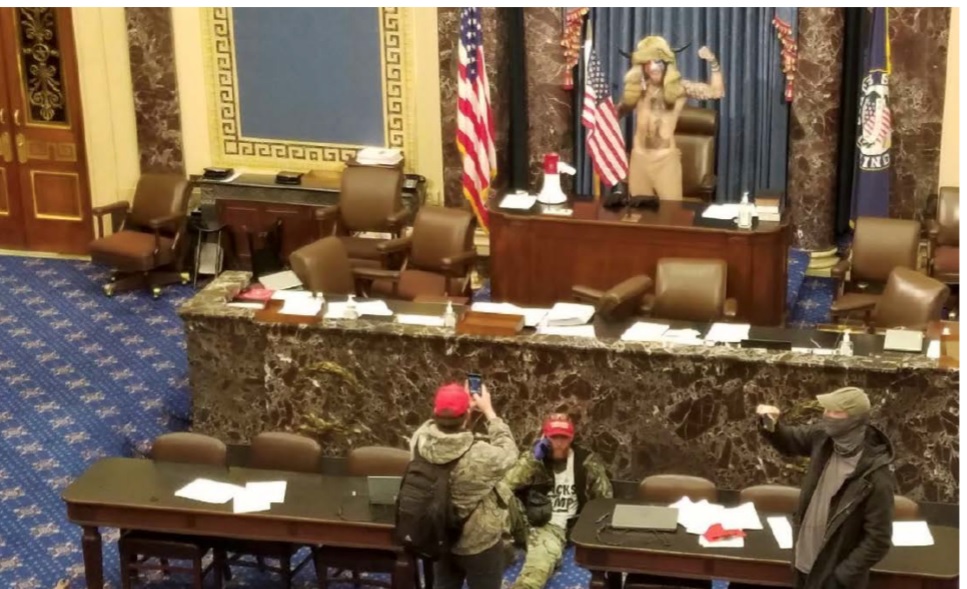
Trump made a historic presidential intervention in politically charged prosecutions when he pardoned or commuted more than 100 people involved in the Capitol breach on January 6.
In addition to undermining the legal system, these acts implied implicit support for political violence committed under his direction. In addition to going against accepted “law and order” principles, this extraordinary use of pardon power has sparked discussions regarding political accountability and the boundaries of executive clemency.
Strategic and Psychological Foundations
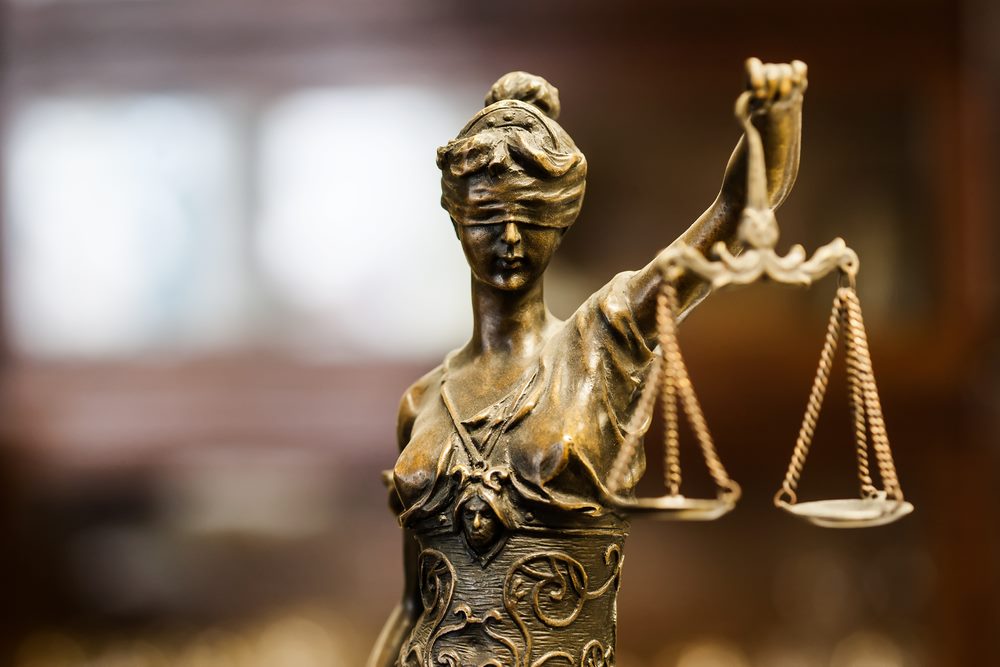
From a psychological standpoint, Trump’s strategy takes advantage of out-group scapegoating and in-group loyalty.
By characterizing adversaries as dangers to social cohesiveness, law and order serve as identity markers that unite supporters. Instead of promoting a universal justice system, selective enforcement, severe penalties for low-level crimes, but leniency for elites and allies, reinforces a framework of tribal loyalty. Polarization and distrust of institutions are strengthened by this.
Street Crime vs. Corporate Crime
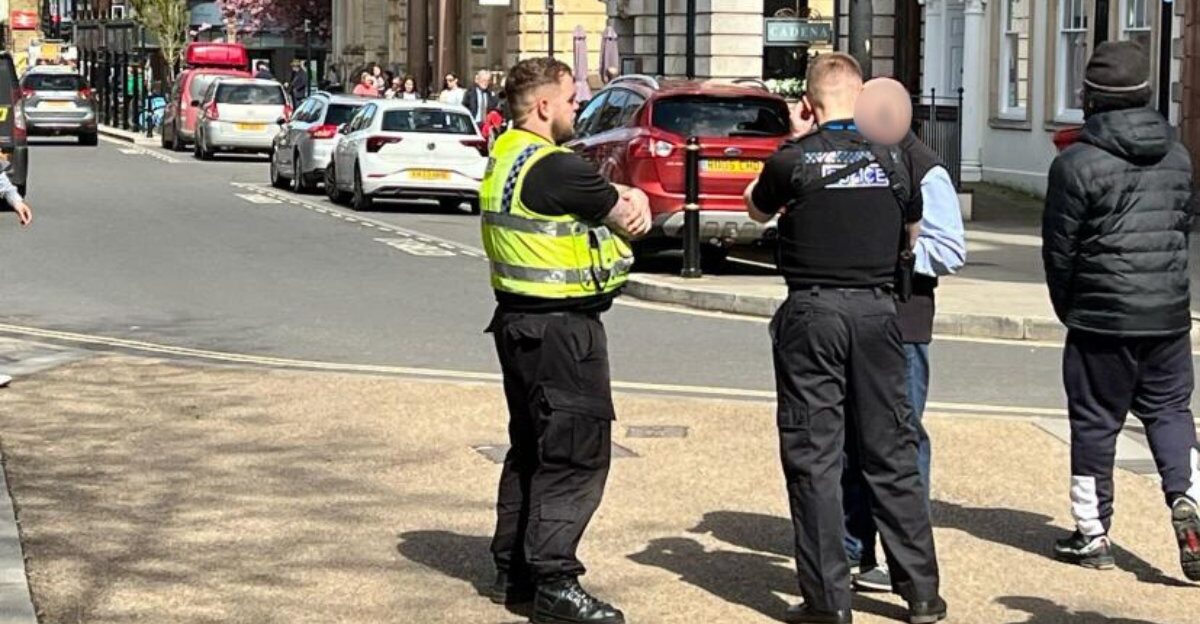
The fact that corporate crime enforcement is less visible and emotionally impactful to a portion of Trump’s base than violent street crimes presents a novel perspective.
Dropping corporate cases could therefore prevent business elites from becoming resentful while advancing the political agenda for “law and order” as a means of combating street crime. This challenges the idea that law and order must treat all crimes equally and runs counter to popular liberal criticisms.
Impacts on Society at the Second and Third Orders
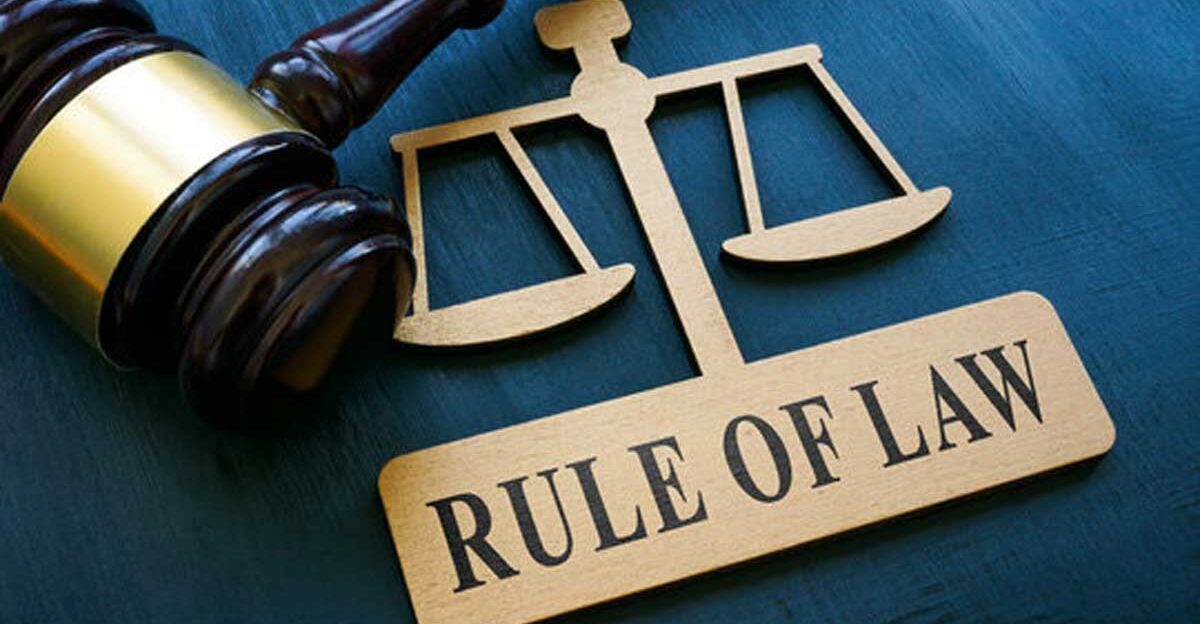
This duality’s long-term consequences jeopardize legal equality. The administration establishes a precedent that power and politics can protect one from repercussions by forgiving politically charged defendants while ignoring corporate responsibility.
Cynicism, disengagement, and destabilization due to perceived systemic injustice may increase as a result of this erosion of faith in democratic institutions and the rule of law.
Challenges of Law Enforcement and Agency Autonomy
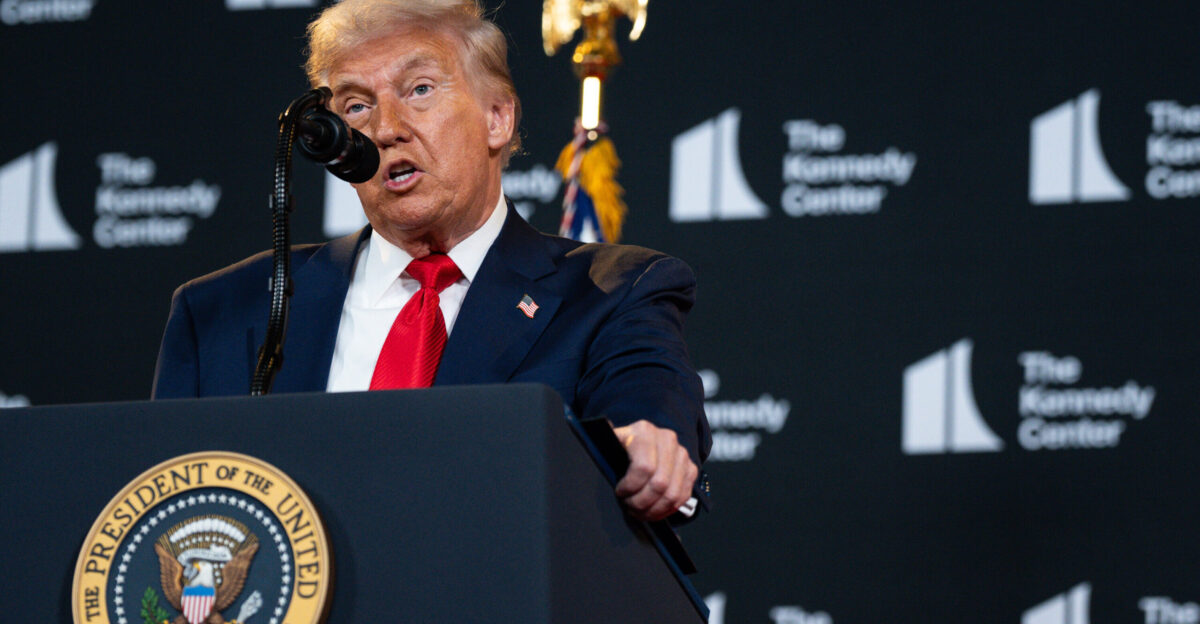
Tensions between political control and agency independence are also evident in the Trump administration’s interventions, which are reflected in cases that have been dropped.
According to reports, political appointees and career prosecutors and enforcement officials frequently clashed, weakening investigations and demoralizing staff. The idea that justice functions impartially and without political influence is compromised by this dynamic.
Answers and Future Directions
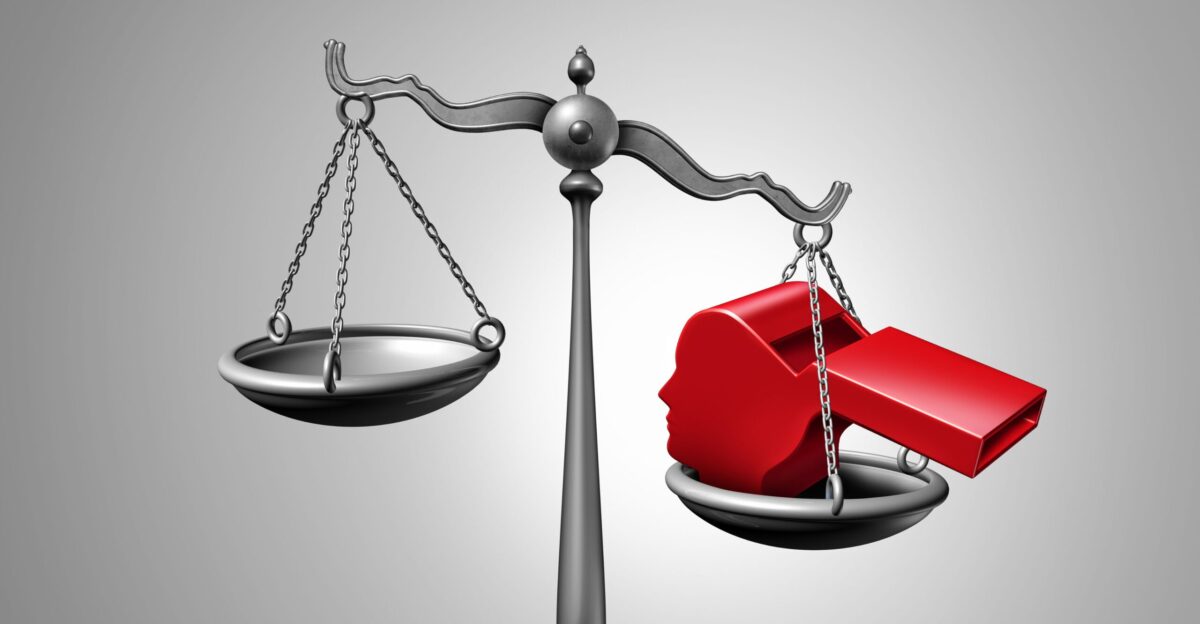
Institutional changes are necessary to resolve this paradox in order to protect prosecutorial independence and prevent abuses of executive clemency. It is essential to strengthen whistleblower protections, public accountability procedures, and transparency in case prioritization and pardons.
By taking these actions, we hope to reestablish equilibrium and guarantee that everyone is protected by law and order, not just vocal constituencies or political elites.
Information on Trends in Corporate Crime
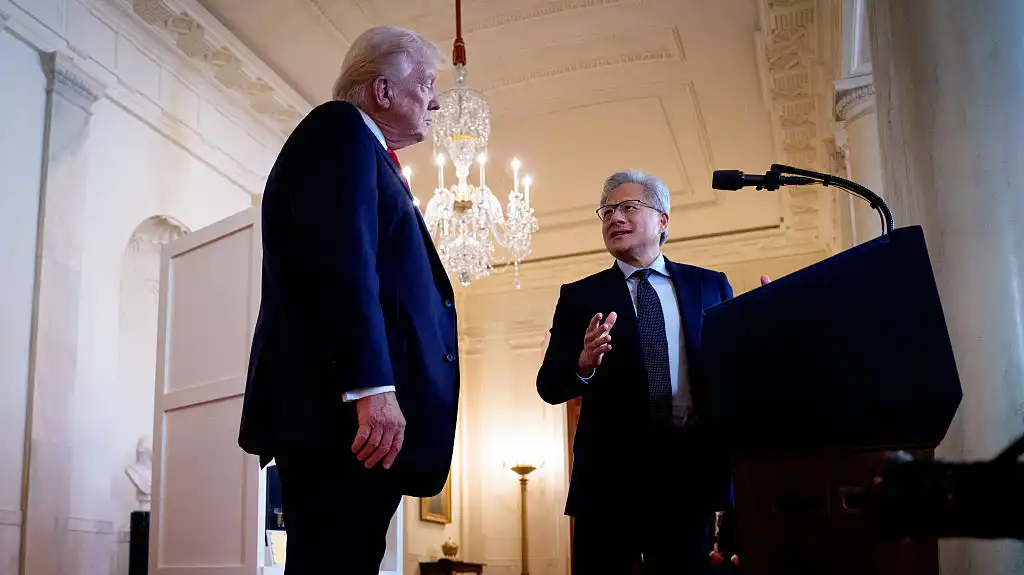
According to federal data, corporate fraud prosecutions decreased by about 30% under Trump’s administration when compared to previous administrations, and investigations in high-profile cases were either halted or ended.
Accountability was further slowed by regulatory rollbacks and enforcement agency budget cuts. In stark contrast to public discourse that emphasizes crime control, these data show a systematic deprioritization of corporate crime.
Enforcement of Environmental Crimes
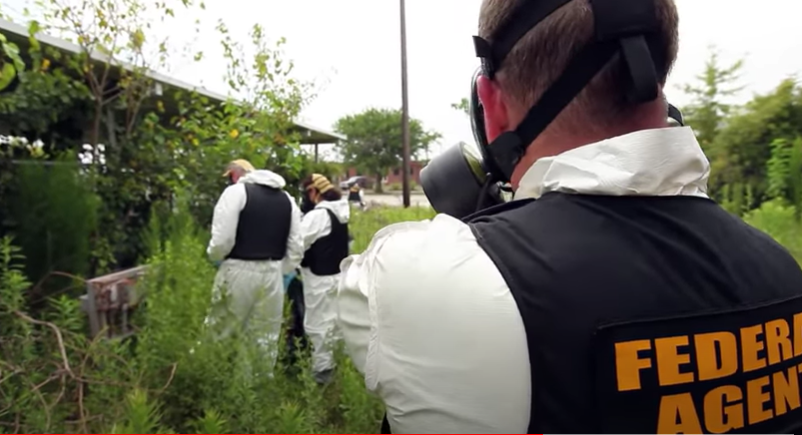
In one shocking instance, significant environmental crime investigations against powerful companies charged with hazardous waste and water pollution were dropped.
These cases, which had serious ramifications for public health, were stopped by political pressure, demonstrating how corporate interests were protected under the pretense of deregulation, compromising public safety and environmental justice.
Pardon Ripple Effects, January 6

Reduced cooperation among defendants, heightened political polarization, and doubts about the validity of law enforcement’s efforts to prosecute election-related violence were all consequences of the pardons.
Additionally, the pardons gave fringe groups more confidence, which raised worries about the stability of democratic norms and potential political violence.
The “Prism of Selective Justice”
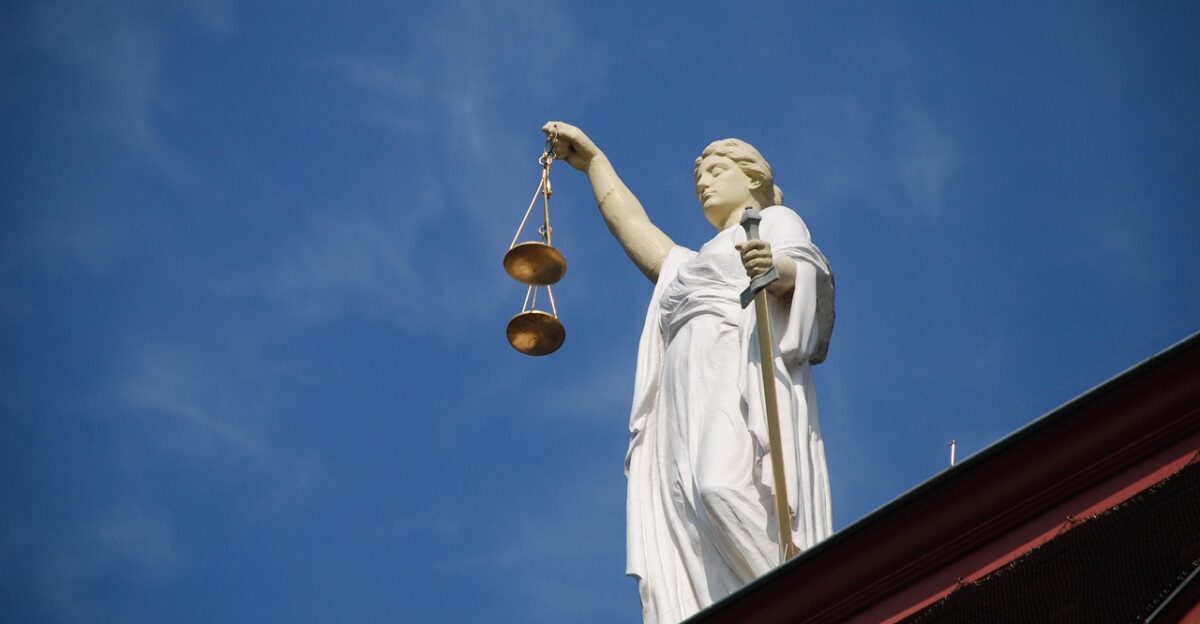
The “Selective Justice Prism” model is presented in this article, which explains Trump’s strategy as a lens that skews the results of justice according to social, political, or economic affiliations.
This framework aids in deciphering how law and order can be subverted behind the scenes while being rhetorically upheld for the general public, particularly when enforcement freezes selectively.
The Global Viewpoint
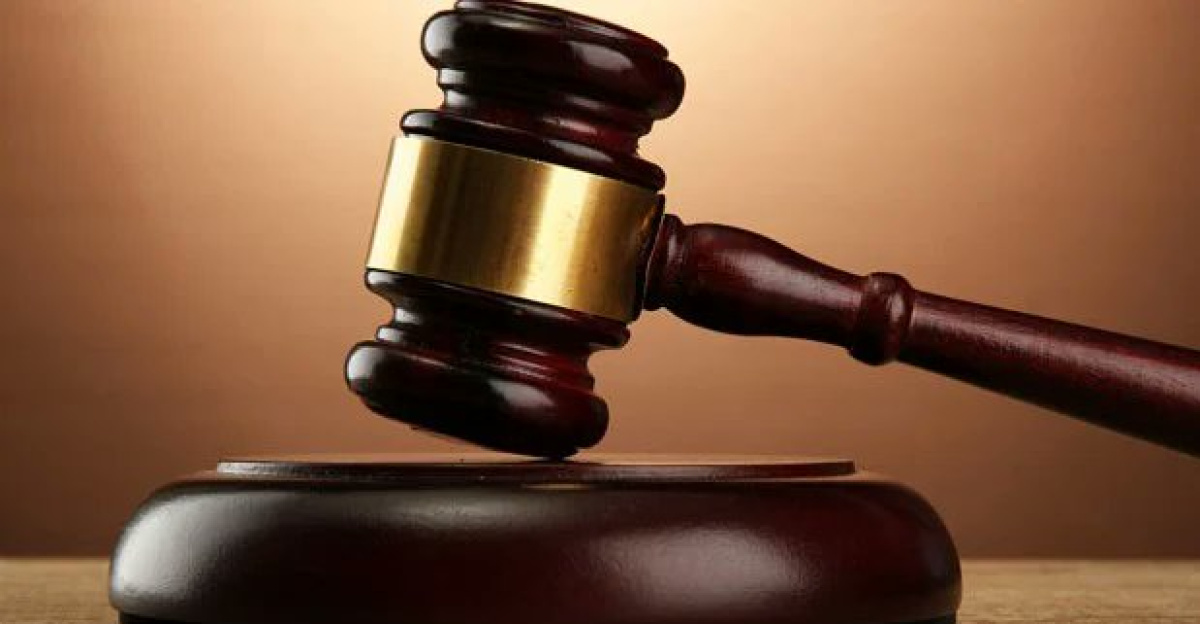
Around the world, populist movements that appropriate “law and order” language while undermining institutions have been influenced by Trump’s rhetoric and selective enforcement.
This strategy is mirrored in nations that are becoming more authoritarian; they weaken independent judicial authority, undermine checks and balances, and selectively administer justice based on loyalty, endangering international democratic norms.
Conclusion
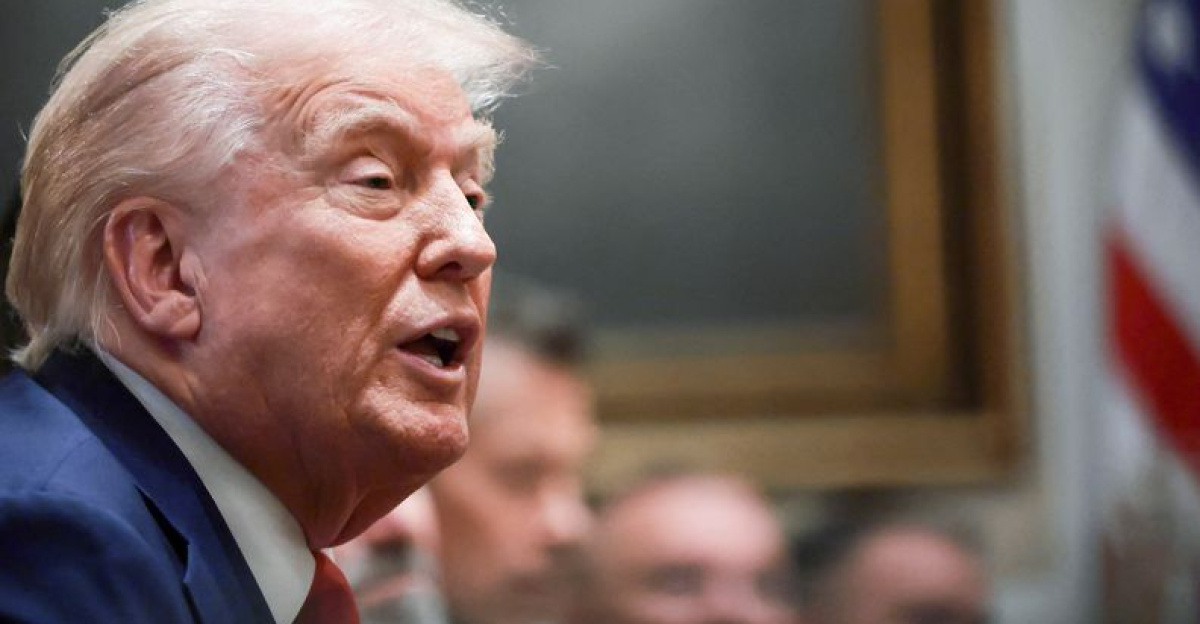
Donald Trump’s approach to law and order is more about preserving political power and scheming favoritism than it is about ensuring that everyone is treated equally.
Pardons for the January 6 rioters and the dismissal of 165 corporate crime cases demonstrate a pattern of selective enforcement that threatens democracy and justice. In order to address the fragmented legal system and promote reforms that restore equal justice under the law, it is imperative to comprehend this paradox through historical, psychological, and strategic lenses.